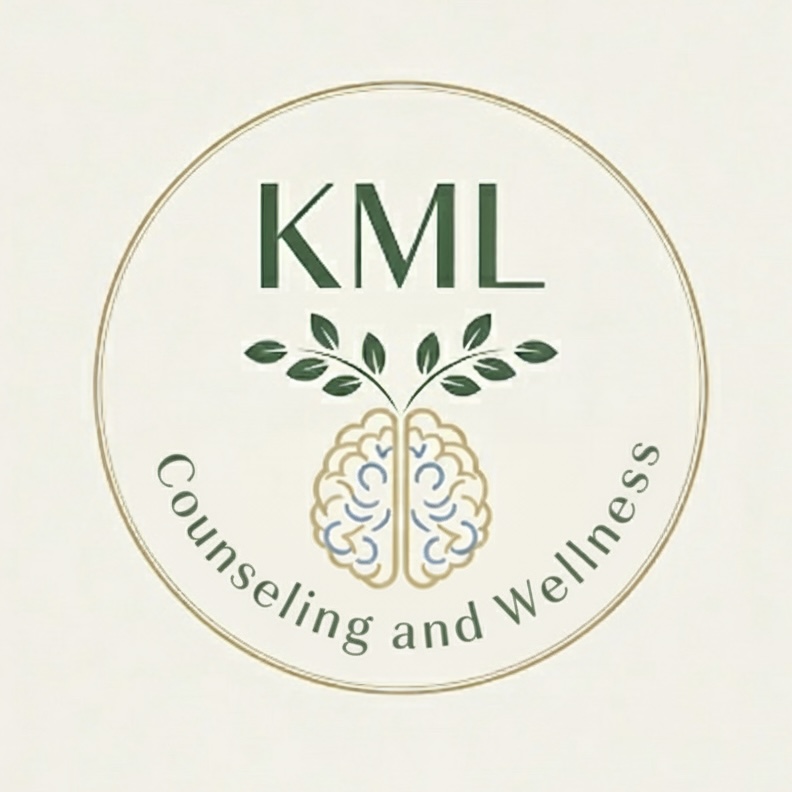Why Having “No Opinion” is an Act of Self-Preservation
- Kendra Lanni, LICSW
- Oct 26, 2025
- 3 min read
Updated: Nov 17, 2025
In today's world, it often feels like having an opinion (and shouting it from the rooftops!) is a requirement for existence. We are constantly immersed in a highly polarized environment: political debates that feel like existential wars, social media streams driven by rage baiting, and every personal choice seemingly demanding a public declaration of allegiance.
This constant pressure to take a side, defend a stance, or engage in every big story can be profoundly exhausting. If you find yourself anxious or emotionally drained because you're tired of fighting or simply don't have the mental energy to form a definitive, public position, I want to introduce you to a powerful therapeutic concept: The Boundary of Silence.
The Mental Toll of Constant Engagement
The human brain is not built for the relentless, high-stakes conflict that modern media and online platforms require. Being bombarded with polarizing information leads to what is essentially chronic low-grade distress.
• Decision Fatigue: Every issue is presented as a moral imperative, forcing you to use valuable mental resources just to decide where you stand.
• Emotional Contagion: Online rage is infectious. Engaging in polarized discussions often triggers your own fight-or-flight response, spiking stress hormones and leading to irritability, poor sleep, and anxiety—even when the issue doesn't directly affect your daily life.
• The Loss of Nuance: Polarization erases the messy, gray areas of life. It forces you into a rigid black-and-white thinking pattern, which is the antithesis of mental flexibility and well-being.
"No Opinion" is Not Apathy—It's a Boundary
Setting a boundary of silence, or intentionally allowing yourself to have no opinion on certain topics, is often mistaken for apathy, ignorance, or a moral failing. This is a lie the polarized world tells you to keep you engaged. In truth, choosing neutrality is a profound act of self-preservation and a demonstration of intellectual and emotional maturity.
1. It’s an Intellectual Boundary: You are not obligated to consume every piece of content, research every topic, or become an expert on every crisis. Stating, "I haven't researched this enough to form an opinion," is an honest, humble boundary against superficial outrage. It protects your mind from being cluttered by noise.
2. It’s an Emotional Boundary: When you refuse to take a strong, public stance, you shield yourself from the inevitable backlash, judgment, and intense negative emotion that follows. You are essentially saying: "I will not let this controversy borrow my peace." This is crucial for managing anxiety and maintaining emotional regulation.
3. It’s a Relational Boundary: You protect your personal relationships. When you set a boundary of silence, you refuse to allow polarized topics to become the destructive wedge between you and a loved one, a family member, or a friend. You prioritize the connection over the controversy.
How to Implement the Boundary of Silence
Setting this boundary requires practice and the courage to be temporarily uncomfortable.
1. The Go-To Line: When pressured to take a side, have a simple, neutral phrase ready:
• “I’m listening to what you’re saying, but I’m keeping an open mind for now.”
• “That’s a heavy topic, let’s talk about something else.”
• “I had to step away from following that issue closely for my own well-being.”
2. Unfollow and Mute Liberally: Curate your social media feeds for peace, not stimulation. Mute accounts that thrive on outrage. They are businesses selling stress, and you are the product.
3. Practice Intellectual Humility: Remind yourself that it is okay, even wise, to not know everything. True certainty is rare, and leaving room for doubt is a sign of a well-adjusted mind.
Your mental health is the most valuable resource you possess. Protecting it from the relentless pressure of a polarized world is not selfish—it is necessary. It creates the quiet space you need to focus on what you can control: your well-being, your personal values, your daily responsibilities, and the people immediately in your life.
If you are struggling to find your footing in a world that feels determined to stress you out, therapy can offer a non-judgmental space to reclaim your peace, define your boundaries, and rediscover the profound power of silence. Click here to get started.



